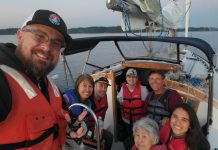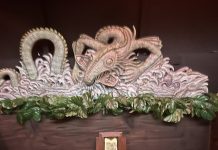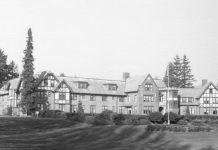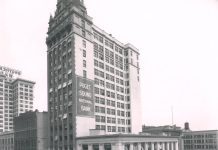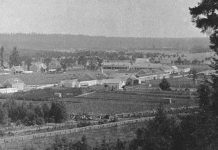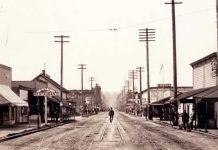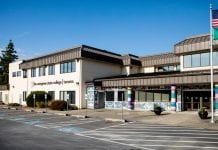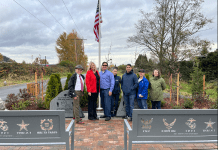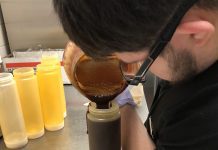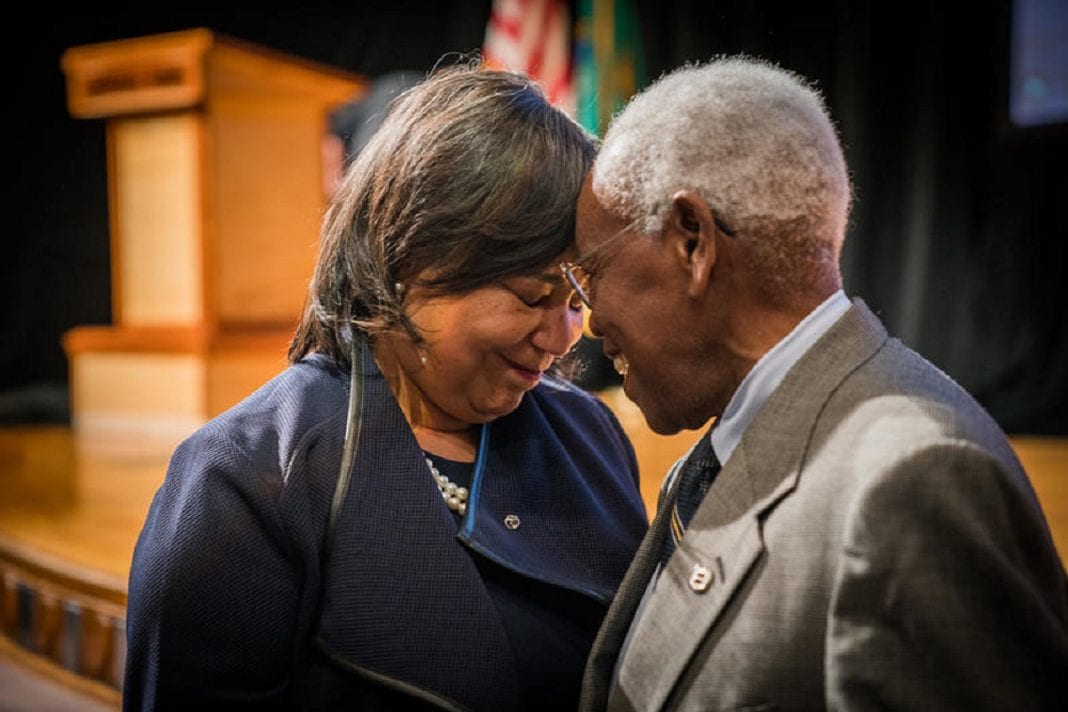The contributions of African American pioneers, financiers, civic leaders and elected officials in Tacoma date back to before the city itself and grow stronger to this day. Take this short walk through history to learn their stories, their struggles, and their legacies — some of which are yet to be written.
Most historical records conclude that George Putnam Riley was the first African American resident of what would become the City of Tacoma. He was a Boston-born son of a clothier who found his way “out West” to seek his fortune. He first worked as a barber and socialized with political and business leaders in San Francisco and Portland in the 1860s. He and 13 other African Americans pooled their money to form the Workingmen’s Joint Stock Association in 1869 with the idea of buying real estate in potential boom towns to then cash in when demand for land grew.
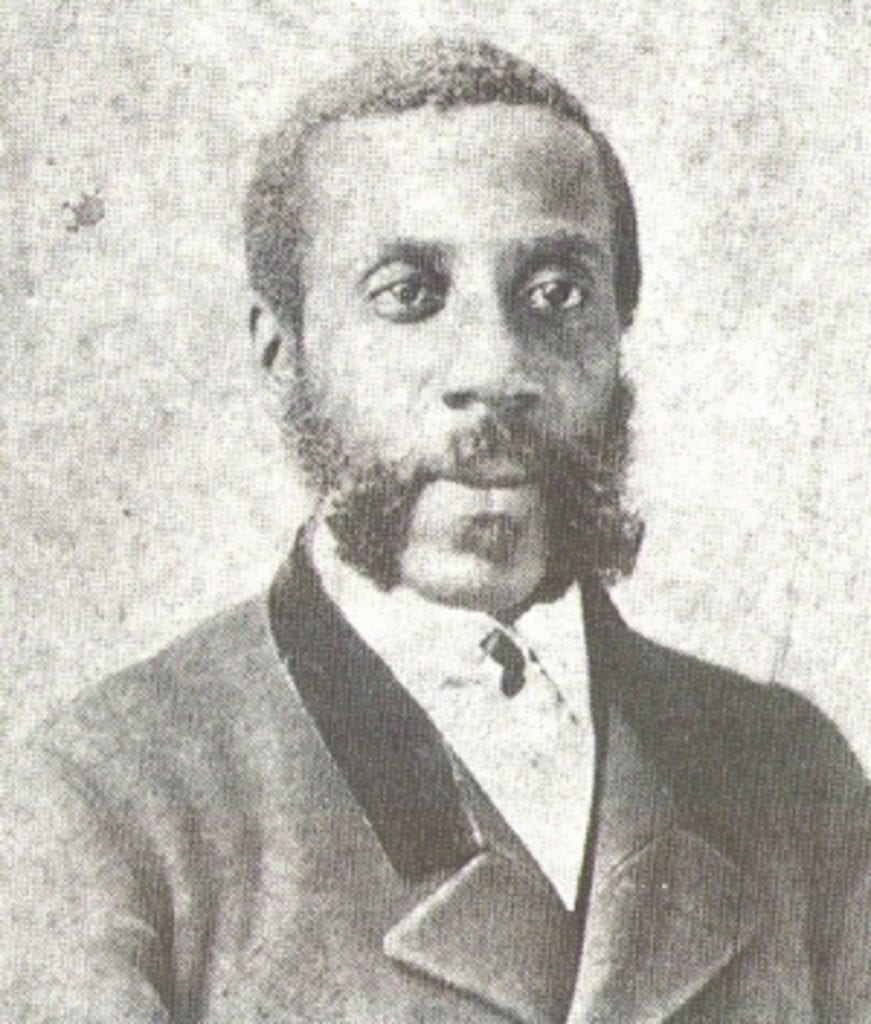
That search for property sent him to a waterfront settlement known as Tacoma. He convinced his investment partners the town was a solid investment and bought 67 acres on a wooded hillside. The land was dubbed the Alliance Addition. It has a different name today. Modern residents know it as the Hilltop neighborhood, the center of the local African American community more than 150 years after it was created. Keep in mind that Tacoma was a blip on the map in those early days. Job Carr had built his cabin down the hill just five years earlier, and the Northern Pacific Railroad was four years away from announcing the “end of the line” for its transcontinental railroad that would come to the City of Destiny. Census record from 1870 lists just 73 residents.
Riley would shuttle between Portland and Tacoma for the rest of his life. He was a noted public speaker, known for drawing hundreds of spectators who would listen to him talk about history, civic concerns, and political issues of the day.
Riley “could have claimed high position by his ability if he had not been condemned by the prejudice against his color,” the Oregon Statesman stated at the time.
Riley died in Tacoma on October 1, 1905. He was 72. Room 703 at Tacoma’s McMenamins Elks Temple honors him with the George Putnam Riley room, courtesy of artist Curtis Settino.
Other African American notables in the city’s early life include Ethel Butler who is noted as the first African American child born in Tacoma when she entered the world on New Year’s Day in 1892. She grew up in the city and would die in 1970. The first African American police officer joined the force in 1899. Horace Lawhorn served as a driver of a police wagon.
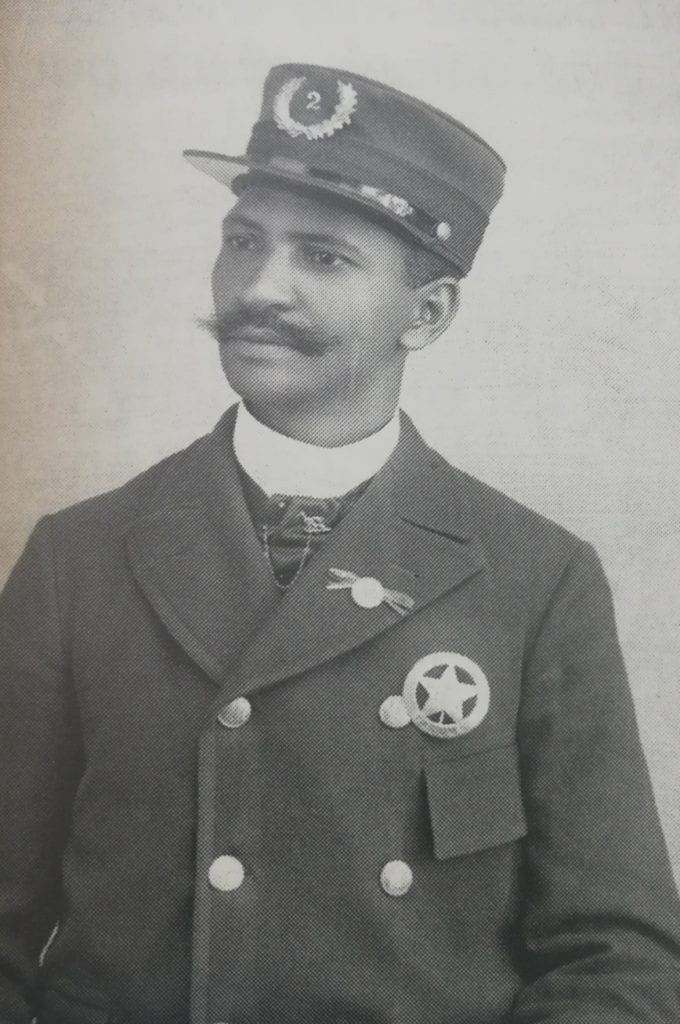
It was during this time when Nettie Craig Asberry came to Tacoma and touched thousands of lives with her music lessons and advocacy on anti-racism issues and community efforts. Her life of triumph through struggle is the stuff of legends. Born the only free child of a slave mother and a plantation-owning father shortly after the Civil War ended, Asberry was a prodigy. She attended a speech by Susan B. Anthony at the age of 13 and immediately became the secretary of the women’s suffrage club in Leavenworth, Kansas. She then attended the University of Kansas before earning a doctoral degree from the Kansas Conservatory of Music and Elocution in 1883. She is believed to be the first African American woman to receive a doctorate in the nation.
Asberry would use her skills as the first organist and musical director of Tacoma’s First African Methodist Episcopal Church, while her second husband, Henry, shaved the faces of presidents and celebrities at his barbershop inside the noted Tacoma Hotel. While at the AME church, Asberry introduced local children to music after she formed the Mozart Musical Club in 1902. She would go on to found the Tacoma Chapter of the NAACP in 1913, the first chapter on the West Coast. She was a vocal organizer against the local screenings of the racist depiction of the post-war South, “Birth of a Nation” and the segregationist policies at the newly founded Camp Lewis. She was key in the founding of the Association of Colored Women’s Clubs around the state. Tacoma’s club remains active to this day, and its music room is named after her.
Asberry died in 1968. She was 103. Mayor A. L. Rasmussen proclaimed May 11, 1969, Dr. Nettie Asberry Day in Tacoma, one year after her passing. Her house, at 1219 South 13th St., is now a historical landmark.
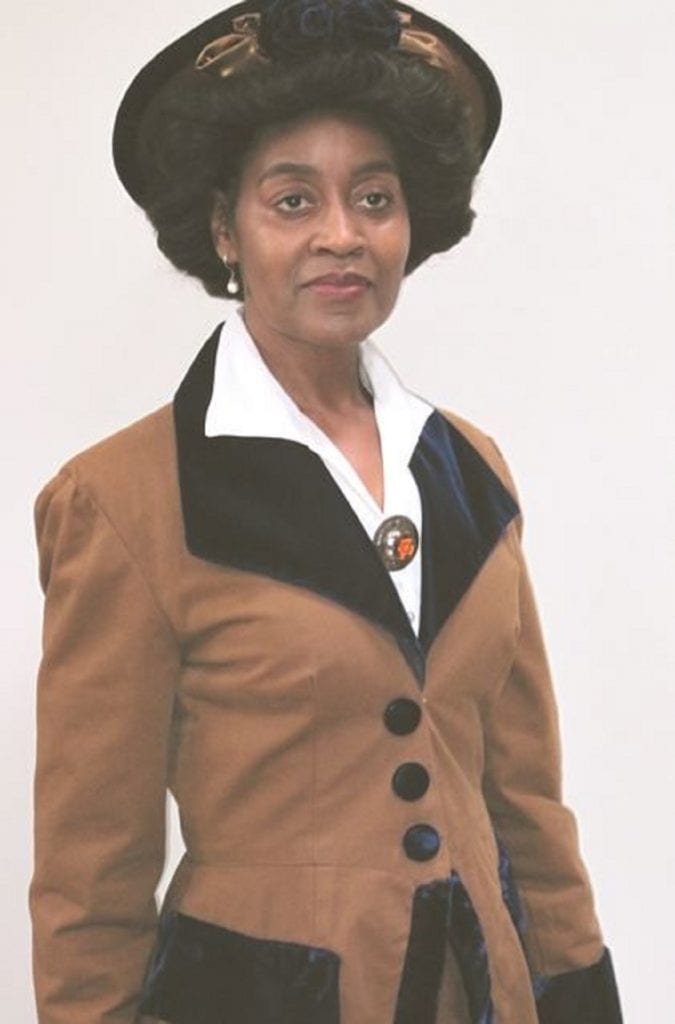
The first African American principal in the Tacoma Public School District was Willie Stewart when he took the top seat at Lincoln High School in 1970. He worked in education for almost 40 years and has the district’s Willie Stewart Academy named after him, a distinction made more remarkable by the fact that education was Stewart’s second career. He had “retired” from military service after earning the rank of Colonel in the Army Reserve, a career that had brought him to what is now Joint Base Lewis-McChord.
Any collection of noted African-American leaders of Tacoma must mention the life of the late Harold G. Moss. He not only became the first person of color elected to the Tacoma City Council but was also its first African American mayor when he was appointed to the city’s executive chair after the death of Mayor Jack Hyde in 1994. Moss then served two terms on the Pierce County Council in 1996 before serving on a roster of local committees and boards. He died in 2020, after a career of service and mentorship to future leaders.
Among those up-and-coming leaders was Marilyn Strickland, a Korean and African American woman, who would not only also serve as Tacoma’s mayor between 2010 and 2018 but later be elected to serve the state’s 10th Congressional District. She took office in early 2021. She holds the distinction of being the state’s first African American Representative and one of the nation’s three Asian American Congresswomen. All three were sworn into office on the same day.
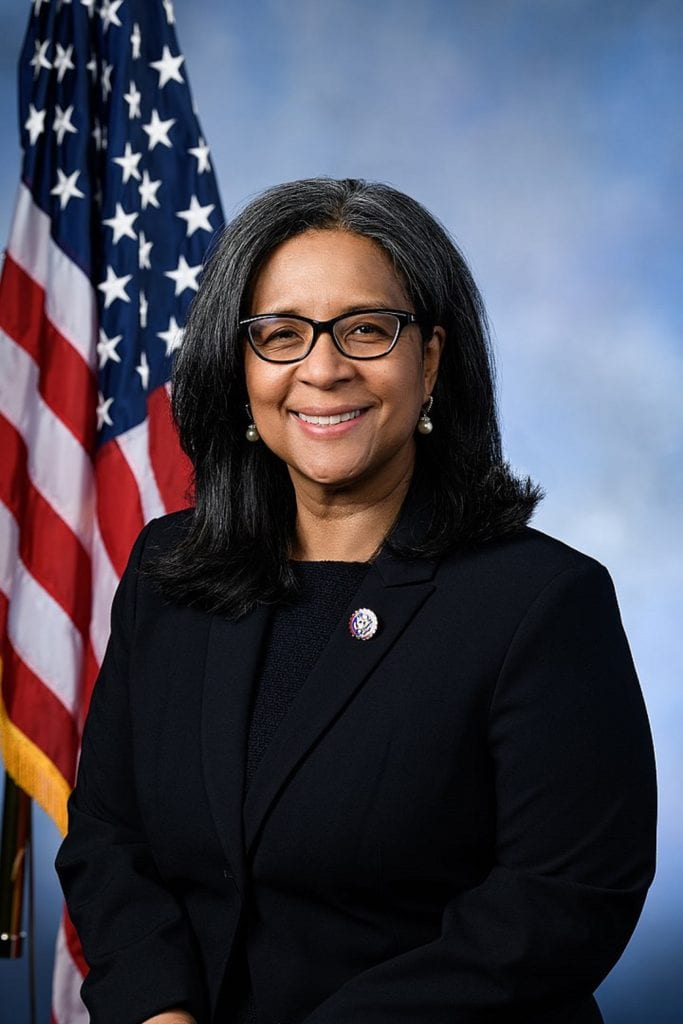
Victoria Woodards was another of Moss’s pupils. She was his unofficial adopted daughter and now serves as Tacoma’s 39th mayor, after serving seven years on the City Council. Woodards was born and raised in Tacoma, graduating from Lincoln High School before going on to serve in the Army that would bring her to the then-named Fort Lewis.
Her stance on being a member of the “who’s who” of African American leaders of Tacoma has changed over the years. She had long hoped people would see past her race or gender. But she changed that notion in recent years.
“I want people to see me as who I am,” she said. “I have been an African American woman all my life. I like being called a black woman.”
The ideal of a post-racial society, Woodards noted, won’t come unless society faces the history of systemic policies detrimentally affecting people of color and racism specifically.
“It exists,” she said. “It exists in City Hall, and I work there. We have a lot of work to do. This isn’t just about African Americans.”
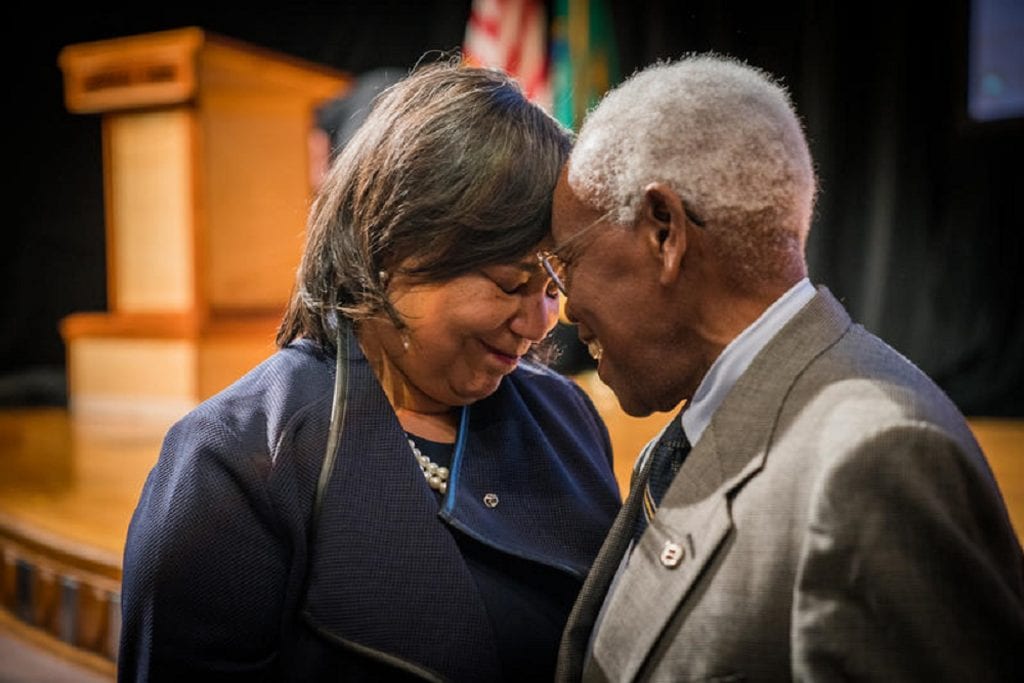
Part of her effort to address systemic policies and beliefs that hurt people of color and disadvantaged groups is to help shepherd the next generation to continue the march toward equality.
“I will share wisdom and knowledge with anyone who thinks I can help,” Woodards said. “I adopted T’wina the way Harold adopted me.”
T’wina Nobles was the former President and CEO of the Tacoma Urban League, who is now serving as the state’s 28th Legislative District Senator. The district represents Fircrest, Lakewood, University Place, Anderson Island, JBLM and parts of Tacoma. When she took office on Jan. 11, 2021, she became the first African American legislator elected to the state Senate since 2010.





